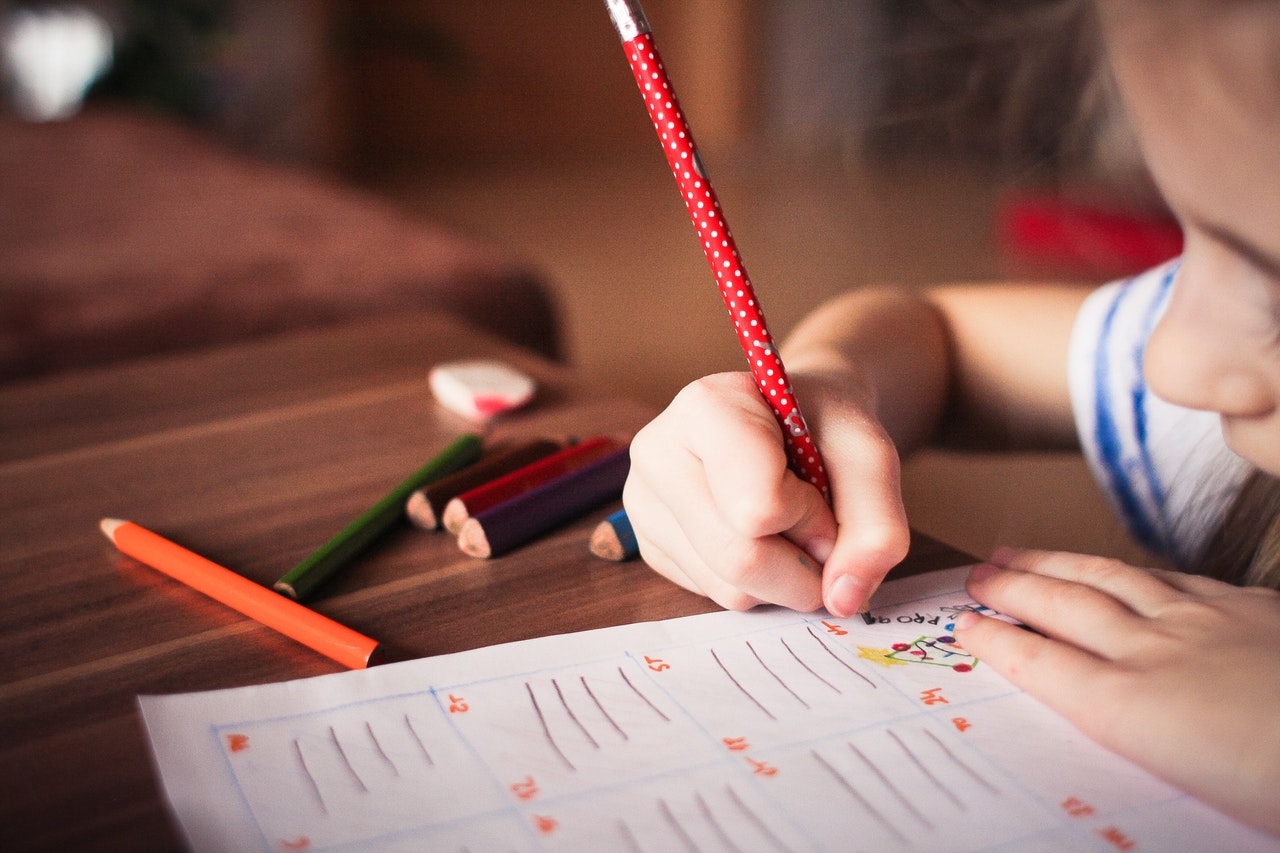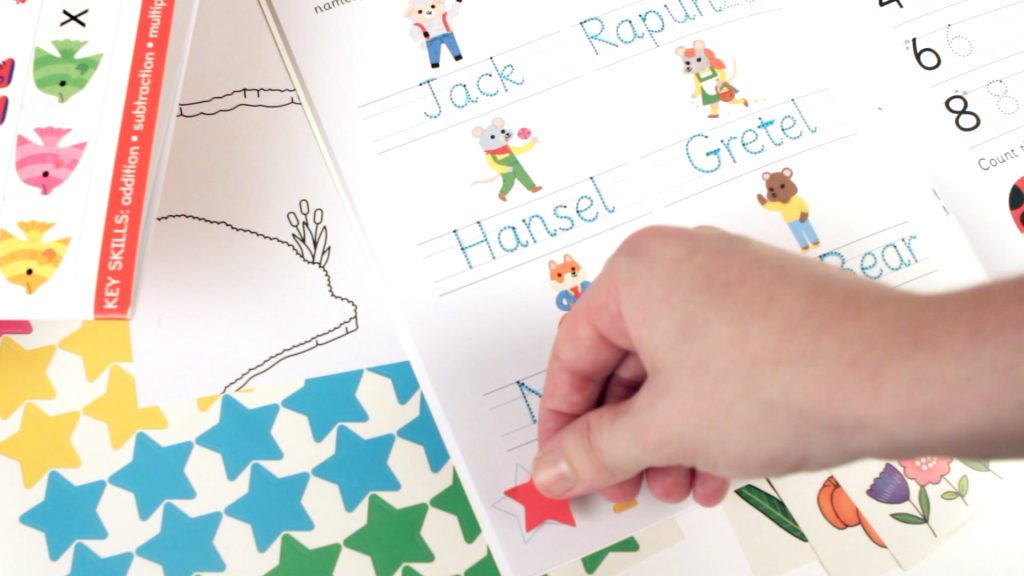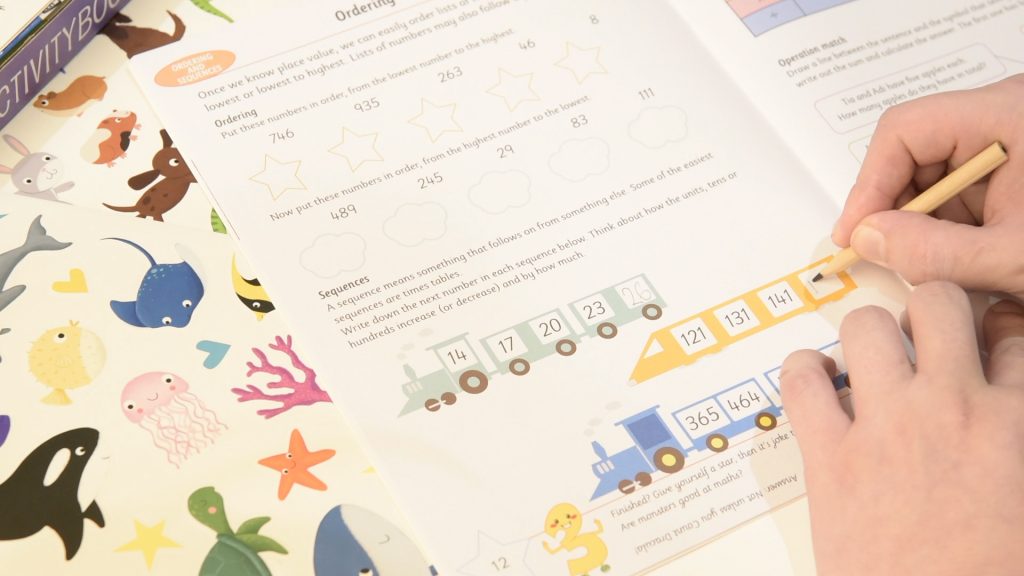5 Home learning Tips for Parents
Jan 19, 2021 In For Grown Ups, Magazine
With lockdown learning thrust upon the nation, our thoughts turned to the best home learning tips for parents to get through home schooling intact and how to make it work for both the grown ups and the children. We asked Sarah an Early Years Foundation Stage teacher and mums Ruth and Jen , who are currently undertaking schooling at home, for their thoughts and what works best for them. Here are our top five tips…
1. Set A Structure
We all know the school day is carefully structured with strategic breaks and morning & afternoon sessions, so take the basics and make a structure that works for you and your learners. Discuss plans with everyone involved so that each child is ‘on board’ with the plans for the week and knows what to expect. Set out start times and plan out sessions so they understand the flow of the day and what is involved.
Mum of 2 and YouTuber Jen finds the best time for her family to start home learning is first thing in the morning ‘before iPad, toys and distractions creep in! I find once the kids have their toys it’s often hard to get them back to doing work so starting early really helps. This is normally when my child is most focused and engaged at doing the work which makes it a lot easier to get it done. ‘
Not everyone has the luxury or lots of space but where possible set aside a work area. This can be the kitchen table as it’s always a good idea to tidy away at the end of the day – it is after all the same as ‘working from home’ where we need to walk away from it all at the end of the day.
Mum of 3 (soon to be 4) Ruth aka @rocknrollerbaby shared her day with us. ‘We do 2 hours of sitting down work on “proper things” like maths and English every day and what gets done in those two hours gets done and what doesn’t, doesn’t. I then try to make the rest of the day a little more fun. Not “Fortnite” or “TikTok” fun, they know they have to wait until after school hours for anything like that, but we have a nice snack, watch a bit of CBBC programming, go for a walk or they can be creative with music, art or cooking. for my middle son it’s a mental thing knowing there’s a beginning and an end. A bit like, I suppose, if you work from home having a place to go and do it so that it’s not just constant working wherever you are. There has to be boundaries.’

2. Get Organised
Get prepped in advance so when you sit down with the kids you have everything to hand you will need. That includes not just any technology you are using but also chargers, website addresses, log ins and passwords. Depending on how you are working you may also need paper, plain and or lined, pens, pencils and a ruler – all the usual pencil case bits and bobs. It’s also worth checking if your school has asked you to prepare any other items for a science lesson or an art task for example.
Setting out with everything you will need to complete the days schooling will pay off in the long run as it lets kids get into their tasks rather than risking them being distracted and drifting off while you battle with that lost password!
3. Be Kind to Yourself and to Your ‘Students’
Everyone is finding home schooling hard. Many are struggling with technology and accessing schoolwork. Many are juggling other commitments whether it’s working or looking after siblings. Many are struggling with finding enough space to work in.
The important thing to remember is we do not have superpowers and (most of us) are not trained teachers. Early Years Foundation Stage teacher Sarah aka sarah_leuty_ offered some advice to those home schooling – ‘I’d just say for parents to try their best, to not stress if they can’t get everything done that their school sets and to remember the most important thing is the child’s happiness and well-being above all else. They’re not the only ones having to do it and all the children are in the same situation so they don’t need to worry that their child will get ‘left behind’.
4. Stay Calm
Ok so we know that home schooling is hard work, stressful and exhausting! So, this tip is easier said than done! Remember that everyone involved has been thrown into this strange world of home schooling and as tough as you feel it all is, the children will also be feeling it. This is not their usual setting and not the way they would normally learn so it’s new to everyone which is why it is important to stay calm.
Jen adds ‘remember this is your child’s home, their safe place not their school. This can all get a bit much for them and they can show big emotions but it’s our job to show our calm not join their chaos. Home-schooling can be so testing at times, but my biggest aim is to stay calm (easier said than done), but it makes a huge difference to our day. We seem to be able to get through anything if I stay calm. As a parent our reaction to any situation has the power to change the situation itself. ‘
5. Give plenty of Praise and Incentives
Children will react in many different ways to home learning, but most will benefit from a healthy dose of praise. Use lots of verbal praise when a task is completed or attempted and for younger children don’t forget those reward stickers! Look at ways to make their home classroom a positive experience by giving special lockdown incentives. This works for Jen who offers ‘their choice of dinner, extra iPad time, a movie night of extra story at bedtime’.

And for those days when it’s just all too much – go for a walk and start again tomorrow. We can’t agree with Jen more when she wrote ‘we are not teachers, we can only try our best and if we don’t get it all done some days that’s ok! A happy home is still the most important thing for everyone’.
Thanks you to Jen aka @jenniferjoylife, Ruth aka @rocknrollerbaby and Sarah aka @sarah_leuty_ who gave us their thoughts on lockdown learning. What would you add to out tips? Let us know in the comments below.




Leave a comment